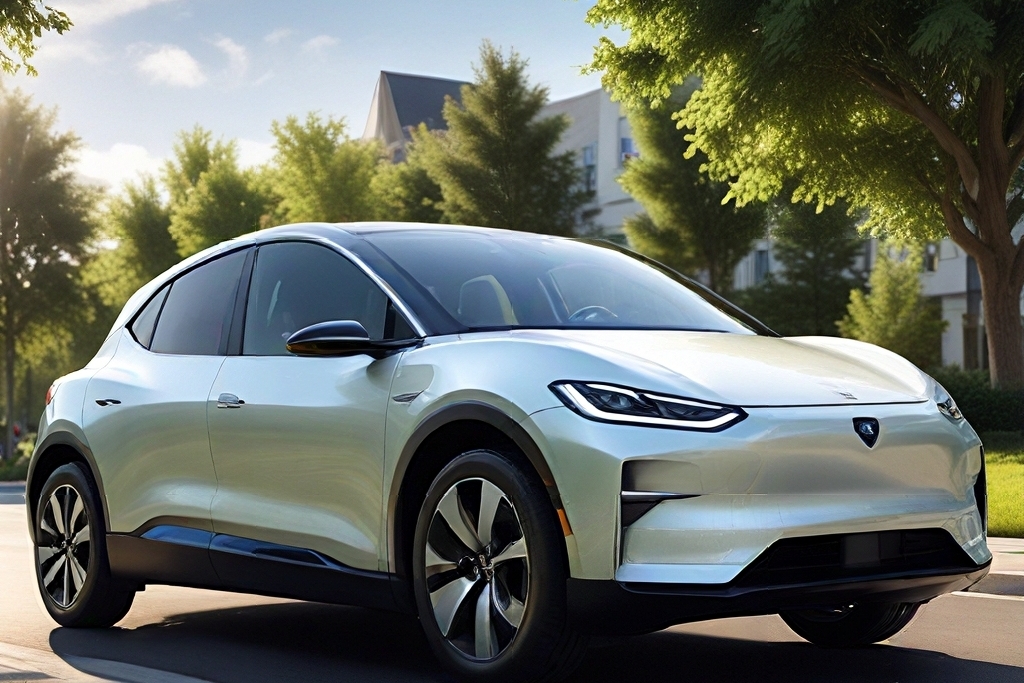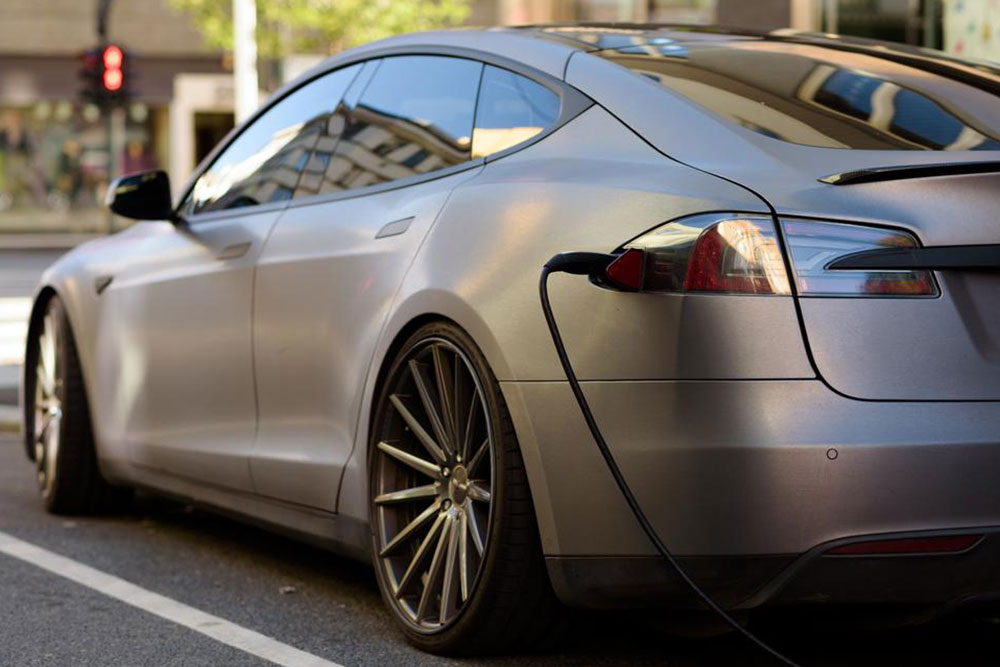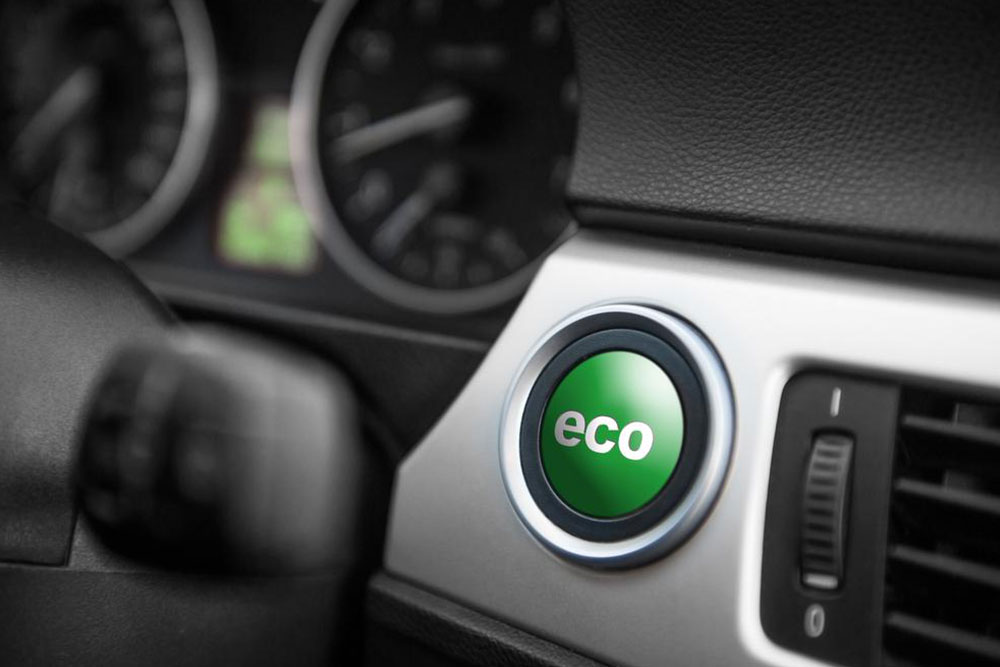Comprehensive Guide to Hybrid Vehicle Costs and Benefits in France
This extensive guide explores the costs, benefits, and government incentives for hybrid vehicles in France in 2023. It details how technological, economic, and policy factors influence prices and highlights long-term savings, environmental benefits, and urban mobility advantages. Perfect for consumers considering a hybrid car, this article provides a comprehensive analysis of the evolving French hybrid market and eco-friendly transportation trends, encouraging informed decision-making for a sustainable future.

Comprehensive Guide to Hybrid Vehicle Costs and Benefits in France
Hybrid vehicles have become increasingly popular in France as a sustainable and economical choice for drivers seeking to reduce their carbon footprint while benefiting from advanced automotive technology. The year 2023 marked a significant rise in demand for these innovative cars, driven by environmental policies, rising fuel prices, and consumer preferences for greener transport options. This detailed article explores the various factors that influence the cost of hybrid vehicles in France, the long-term economic advantages they offer, government incentives promoting their adoption, and their role in shaping the future of the automotive industry in the country.
1. What Are Hybrid Vehicles?
Hybrid vehicles, also known as hybrid electric vehicles (HEVs), are powered by a combination of traditional internal combustion engines and electric motors. This dual system enables hybrids to deliver lower emissions, improved fuel efficiency, and a smoother driving experience. The electric motor assists the engine during acceleration, while regenerative braking recharges the batteries, making hybrids more eco-friendly than conventional petrol or diesel cars. With increasing global emphasis on climate change mitigation, hybrids are viewed as vital transitional vehicles in Europe's push towards sustainability.
International agreements such as the Paris Agreement have set ambitious targets for reducing greenhouse gas emissions, urging nations to adopt cleaner transportation solutions. France, committed to these goals, has seen a notable shift towards hybrid vehicles among urban residents, fleet operators, and environmentally conscious consumers.
2. France's Market for Hybrid Vehicles
France is one of Europe's leading markets for hybrid cars, with a dynamic and competitive automotive landscape. Major brands like Toyota, Honda, Renault, Peugeot, and BMW are expanding their hybrid offerings to meet rising demand. The market caters to various customer segments, from compact city cars suitable for urban commuting to larger family-friendly SUVs. French consumers are increasingly attracted to the economic and environmental benefits of hybrids, reinforcing their position in the country's automotive industry.
3. Factors Influencing Hybrid Car Prices in France
Several key elements determine the pricing structure of hybrid vehicles in France, reflecting a complex interplay of technological, economic, and policy-related factors.
a. Research & Development (R&D) and Technological Costs
The development of hybrid technology involves high R&D expenses. Manufacturers invest heavily in integrating electric and combustion systems, managing complex software, and ensuring vehicle safety and performance. These technological advancements, while essential, contribute significantly to the final vehicle price, particularly in models with cutting-edge features.
b. Battery Costs
At the heart of hybrid technology is the battery, typically lithium-ion, which stores electrical energy. Although recent technological progress and mass production have driven battery prices down, they remain a substantial portion of hybrid vehicle costs. The longevity, efficiency, and safety of these batteries are crucial to vehicle performance and resale value.
c. Government Incentives and Subsidies
France actively promotes hybrid adoption through various financial incentives, including tax breaks, purchase rebates, and eco-bonuses. Depending on the vehicle’s CO2 emission levels, buyers can receive subsidies up to €6,000, making hybrids more financially accessible to a broader audience.
d. Import Duties and Trade Regulations
Trade agreements and import tariffs influence the overall cost of hybrid vehicles. Favorable trade policies and reduced tariffs facilitate lower prices for consumers by decreasing the cost of importing vehicles or components from overseas.
e. Market Demand and Competitive Landscape
Growing consumer interest in eco-friendly vehicles increases manufacturing volumes, leading to economies of scale that reduce production costs. Furthermore, competitive pressures among manufacturers compel them to offer attractive pricing, discounts, and financing options, further lowering the entry barrier for buyers.
4. Price Range of Hybrid Vehicles in France
Hybrid vehicles’ prices vary widely based on model, features, and market positioning, providing options for a broad spectrum of consumers.
a. Budget-Friendly Hybrids
Affordable options such as Toyota Yaris Hybrid and Renault Clio E-Tech are priced between €20,000 and €25,000, making hybrid technology accessible to budget-conscious buyers and city commuters.
b. Mid-Range Models
Vehicles like Toyota Corolla Hybrid and Honda Civic Hybrid fall within the €25,000 to €35,000 range, offering a good balance of features, comfort, and fuel efficiency, suitable for families and daily drivers.
c. Premium Hybrid Vehicles
Premium hybrids from brands such as Lexus, BMW, and Audi typically start at around €40,000, with high-end models exceeding €70,000, targeting luxury consumers seeking advanced technology and superior performance.
5. Long-Term Economic Benefits of Hybrid Vehicles
While hybrid cars may require a higher initial investment, they can lead to significant savings and benefits over their lifespan.
a. Fuel Savings
Hybrid vehicles consume less fuel than traditional counterparts, especially in city driving conditions, thus reducing ongoing fuel expenses—a critical advantage amid volatile fuel prices.
b. Lower Maintenance Costs
The electric motor assumes some functions of traditional engines, decreasing wear and tear on engine components and reducing maintenance expenses such as oil changes and brake replacements due to regenerative braking systems.
c. Enhanced Resale Value
With increasing demand for eco-friendly cars, hybrid models tend to retain higher resale value, offering a better return on investment for owners.
6. Environmental and Policy Incentives for Hybrid Cars
France’s environmental policies strongly support hybrid ownership through various incentives and urban mobility initiatives.
a. Eco Bonuses
Financial subsidies of up to €6,000 help offset higher purchase prices, encouraging more consumers to choose hybrids over traditional vehicles.
b. Tax Benefits
Hybrid owners benefit from reduced registration fees, lower annual road taxes, and exemption from certain congestion charges, easing urban mobility challenges.
c. Access to Low-Emission Zones
Hybrid vehicles with low CO2 emissions are allowed into congested urban centers like Paris’ low-emission zones, facilitating easier city driving and improving air quality.
In conclusion, hybrid vehicles represent a sustainable, economically advantageous, and environmentally responsible choice for French consumers. Supported by government incentives and benefiting from technological progression, hybrids are poised to play a pivotal role in France’s transition towards greener transportation. Whether for personal use or commercial fleet integration, understanding the factors affecting costs and benefits can help consumers make informed decisions, maximizing long-term savings while contributing to global efforts to combat climate change.
This comprehensive review underscores the importance of informed vehicle choices and policy support in paving the way for a cleaner, more sustainable automotive future in France.




